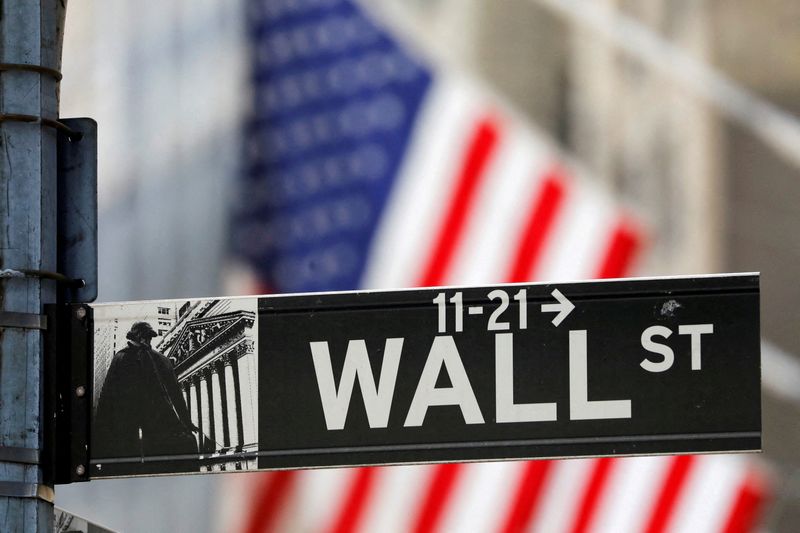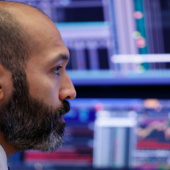By Purvi Agarwal and Lisa Pauline Mattackal
(Reuters) – Wall Street’s main indexes inched higher on Wednesday after in-line consumer price inflation data kept the U.S. Federal Reserve on track to deliver another interest rate cut in December.
The consumer price index rose 0.2% in October for the fourth straight month, the Labor Department’s Bureau of Labor Statistics said, and advanced 2.6% on an annual basis. Excluding the volatile food and energy components, the CPI increased 0.3% in October.
The numbers were in line with economists’ forecasts. U.S. stock index futures had reversed early losses following the data.
“The market is already a little bit on edge about the inflationary possibilities for 2025 under a new administration,” said Ross Mayfield, investment strategist, Baird.
“The fact that (CPI) came in line … gives markets a chance to breathe and focus on the other things that have been moving it lately.”
Expectations for a 25-basis point interest rate cut at the Fed’s December meeting jumped to 82% after the data, from around 58%, according to CME FedWatch.
Minneapolis Fed President Neel Kashkari said in an interview with Bloomberg TV, that he was confident inflation was headed down, noting that the CPI data “confirms” that downward path.
The rose 98.25 points, or 0.22%, to 44,009.23, the gained 8.33 points, or 0.14%, to 5,992.32, and the gained 17.34 points, or 0.09%, to 19,298.74.
Rate-sensitive small-cap companies tracked by the index jumped 0.9%, while the real estate sector gained 1.3%.
The benchmark index was buoyed by consumer discretionary shares, boosted by a 4% gain in EV maker Tesla (NASDAQ:) after Trump named CEO Elon Musk as a co-leader of a newly created Department of Government Efficiency.
Communication services stocks declined 0.5%, weighed down by Meta Platforms (NASDAQ:). A judge ruled that the Facebook owner will face an antitrust trial over its Instagram and WhatsApp acquisitions.
All three major indexes closed lower on Tuesday, also pressured by rising U.S. Treasury yields on expectations that President-elect Donald Trump’s policies could exacerbate inflation. The benchmark eased back to below 4.4% after Wednesday’s CPI data.
Despite the declines on Tuesday, Wall Street has been largely upbeat over the past few days, expecting Trump’s pro-business stance and possible tax cuts to buoy corporate growth, even as some worries remain over higher tariffs and inflation.
Spirit Airlines (NYSE:)’ shares plunged 56.5% after a report the U.S. carrier is preparing to file for bankruptcy protection, while the company said it is in talks with creditors.
EV maker Rivian (NASDAQ:) soared 19% after Volkswagen (ETR:) on Tuesday raised its investment in the company by 16% to $5.8 billion.
Fed officials Alberto Musalem and Jeffrey Schmid are scheduled to speak later in the day.

Advancing issues outnumbered decliners for a 2.35-to-1 ratio on the NYSE and a 1.64-to-1 ratio on the Nasdaq.
The S&P 500 posted 23 new 52-week highs and 10 new lows, while the Nasdaq Composite recorded 104 new highs and 45 new lows.
















